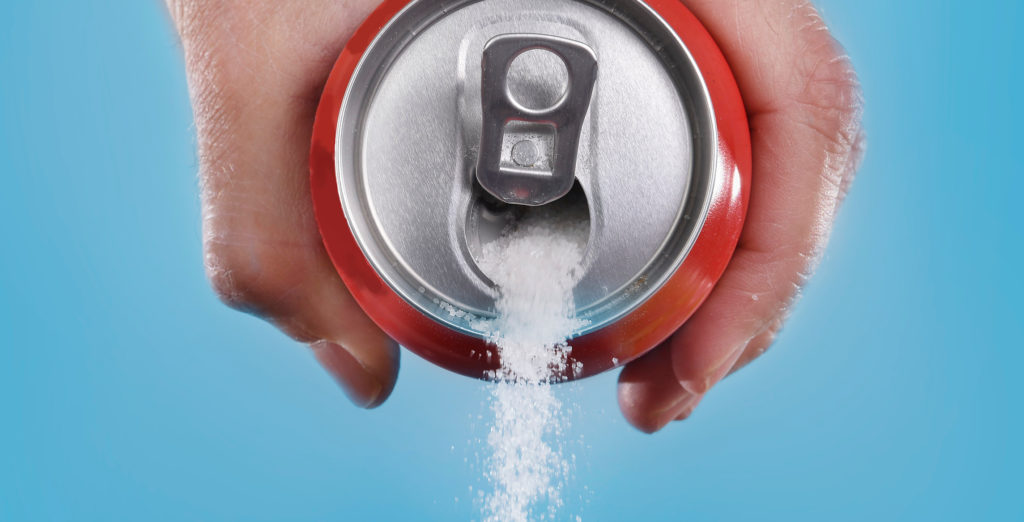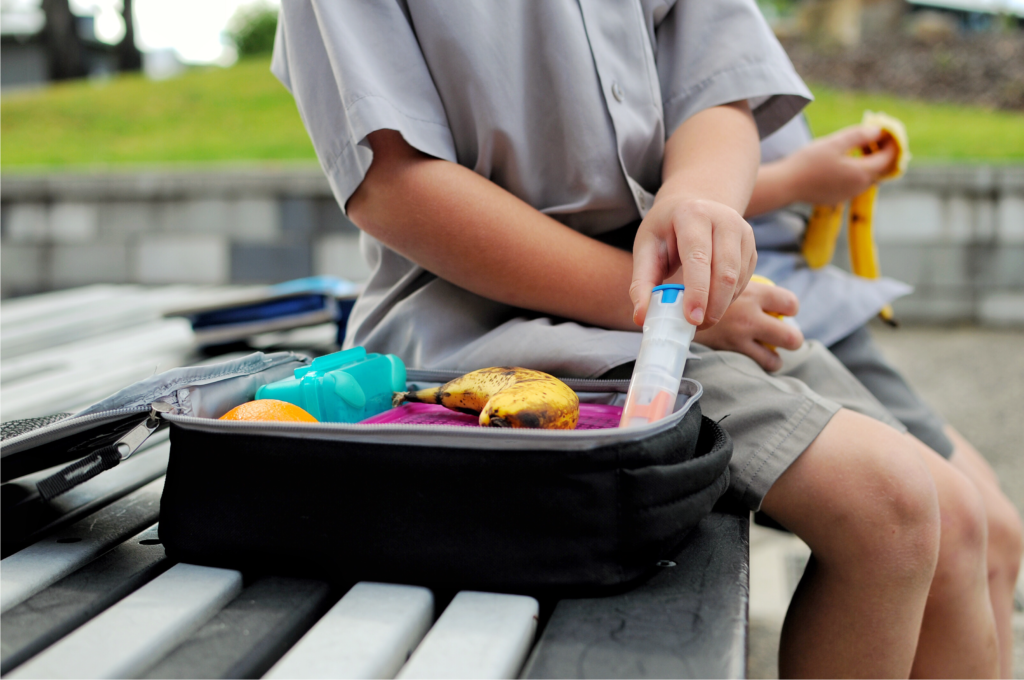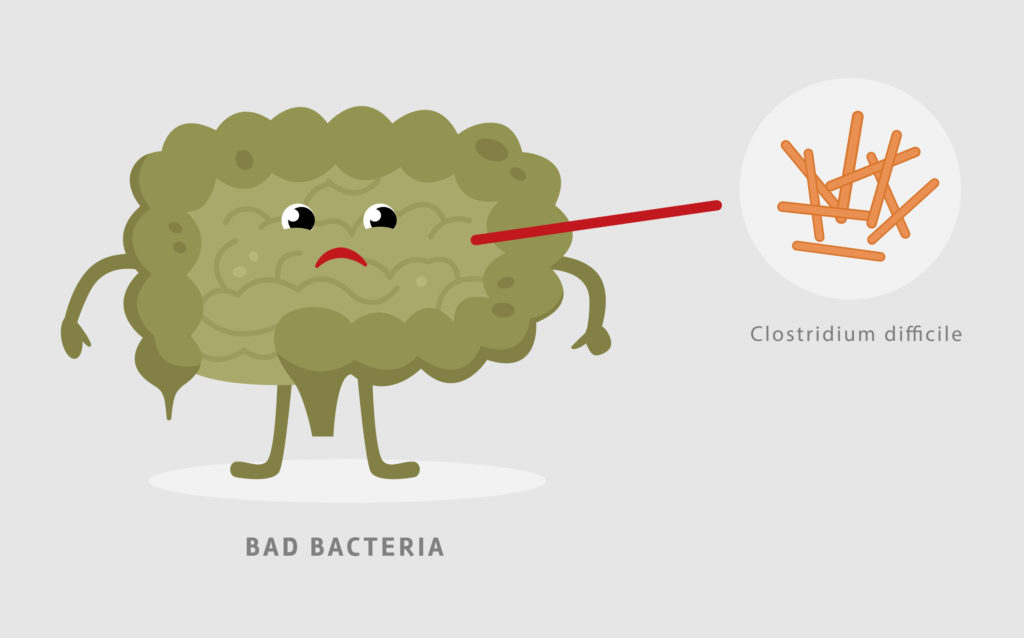Are Artificial Sweeteners Harming Your Unborn Child?
There is a lot of focus put on your diet and nutrition during pregnancy. Doctors tell you to eat a wholesome, well rounded diet and to cut back on processed carbs and refined sugars. Many women will largely cut back on sugar while pregnant, only to replace it with foods and drinks that are artificially sweetened. Which makes people wonder; are artificial sweeteners harming your unborn child?
First, let’s answer the question:
What are artificial sweeteners and where are they hiding?
Artificial sweeteners are synthetic sugar substitutes. They add sweetness to food and are many times sweeter than regular sugar while adding virtually no calories to your diet.
You can find artificial sweeteners in a variety of food and beverages marketed as “sugar-free” or “diet” and they are widely used in processed foods, including:
- Soft drinks
- Baked goods
- Candy
- Pudding
- Canned foods
- Jams and jellies
- Dairy products
If you find yourself consuming a number of these items, you’re not alone. In a Study by the George Washington University Milken Institute School of Public Health, “[artificial sweetener consumption] numbers represent a 200 percent increase in LCS (low-calorie sweeteners) consumption for children and a 54 percent jump for adults from 1999 to 2012” and the numbers are only going up.
Those are some significant statistics to digest!
Artificial sweeteners can look like an attractive alternative because you only need a fraction of the amount you would use with normal sugar, but they can be a double-edged sword, depending on your current health.
A handful of artificial sweeteners have been approved by The FDA as sugar substitutes that people often use to help them lose weight, which is a good thing for sure.
However, the use of artificial sweeteners comes with risks.
Some studies have found that artificial sweeteners may even have the opposite effect of increasing a patient’s risk of developing diabetes and metabolic syndrome.
A newer risk emerged recently when we reported on how consuming the same amounts of two specific artificialsweeteners contained in 1.5 liters of diet soda over just a two-week period was enough to harm the balance of bacteria in the human gut.
These same artificial sweeteners — sucralose and acesulfame-potassium — from this previous study — wereexamined in a new report about exposure in the womb and after childbirth via breast milk in mice.
Scientists exposed more than 200 pregnant and lactating mice to one of the following: (1) the maximum acceptable daily amounts (ADI) of sweeteners, (2) double the ADI or (3) water, according to this new report appearing in Frontiers in Microbiology.
Some amounts of sweeteners are passed on through the placenta and breast milk, but researchers weren’t sure how their bodies would adapt metabolically.
The Real Problem
No surprise, the metabolic and gut health changes that followed in both animal groups exposed to sweeteners were very obvious and should be a concern if you use them regularly.
For one, the benefits of using artificial sweeteners — losing weight and lower blood glucose levels — was only seen in mice fed twice the maximum amounts.
Plus, researchers detected drastic shifts in the gut microbiomes of animals exposed to artificial sweeteners even the smaller typical daily dose.
Currently, future moms are advised to use artificial sweeteners only in moderation, and avoid saccharine altogether.
Yet, with artificial sweeteners turning up in increasing numbers of products apart from foods (toothpaste and mouthwash), it’s hard to keep track of how much your body is being exposed to these substances every day.
Some Solutions
Here are some simple steps you can take right away to protect your health.
- Protect your gut by taking EndoMune probiotics everyday. EndoMune Advanced Probiotic safeguards andfortifies the balance of bacteria in your gut with 10 strains of beneficial bacteria and a prebiotic that keeps your good bacteria
- Avoid artificial sweeteners as often as possible and be more mindful about cutting back on that extra diet
- Do your homework by reading Nutrition Facts Labeling.
If you want to lose weight safely and need a jumpstart to do it, you may want to consider EndoMune Metabolic Rescue. It’s a unique blend of the prebiotic, XOS, that promotes a feeling of fullness and a probiotic, Bifidobacterium Lactis, which supports a healthier gut Microbiome.
Are Artificial Sweeteners Harming Your Unborn Child? Read More »











